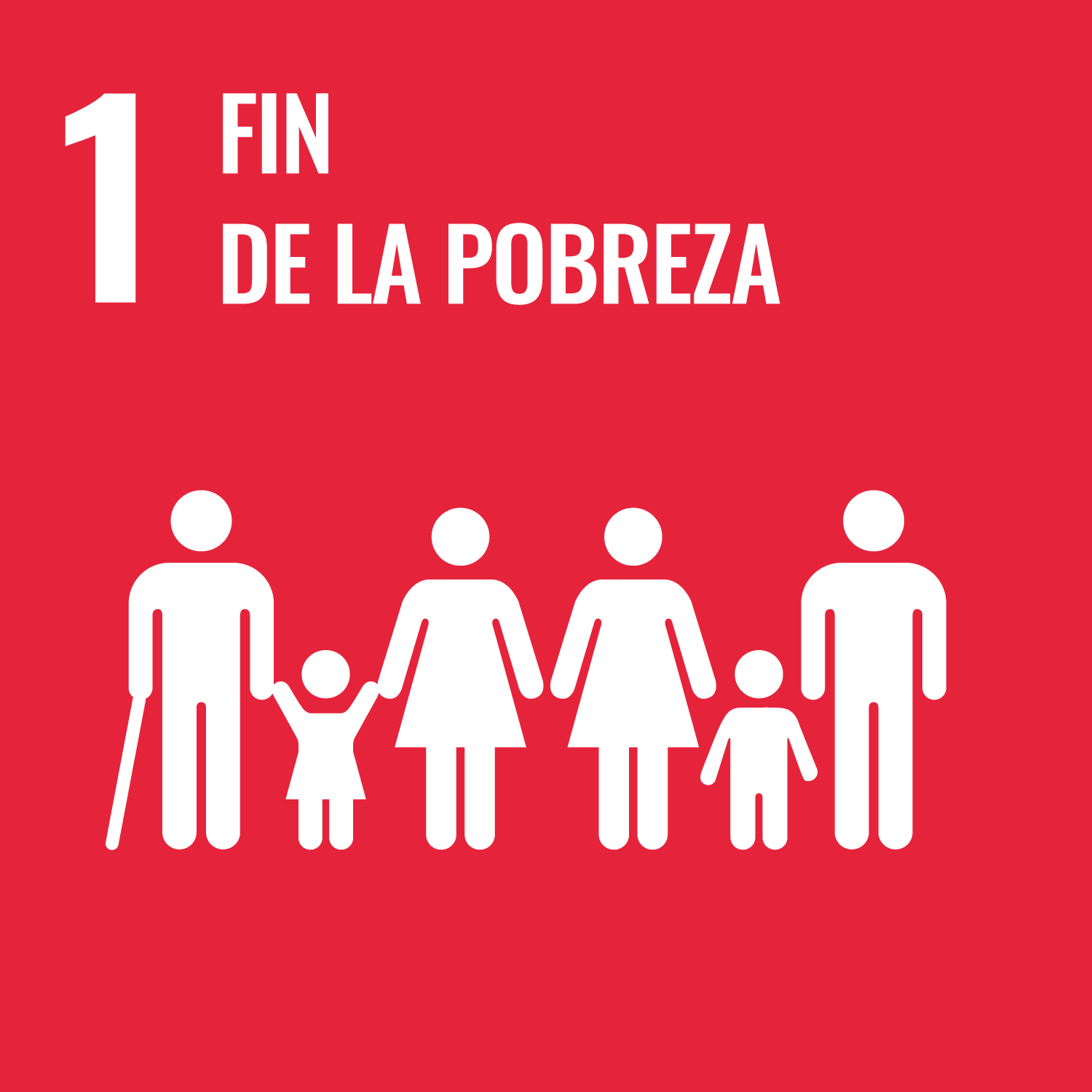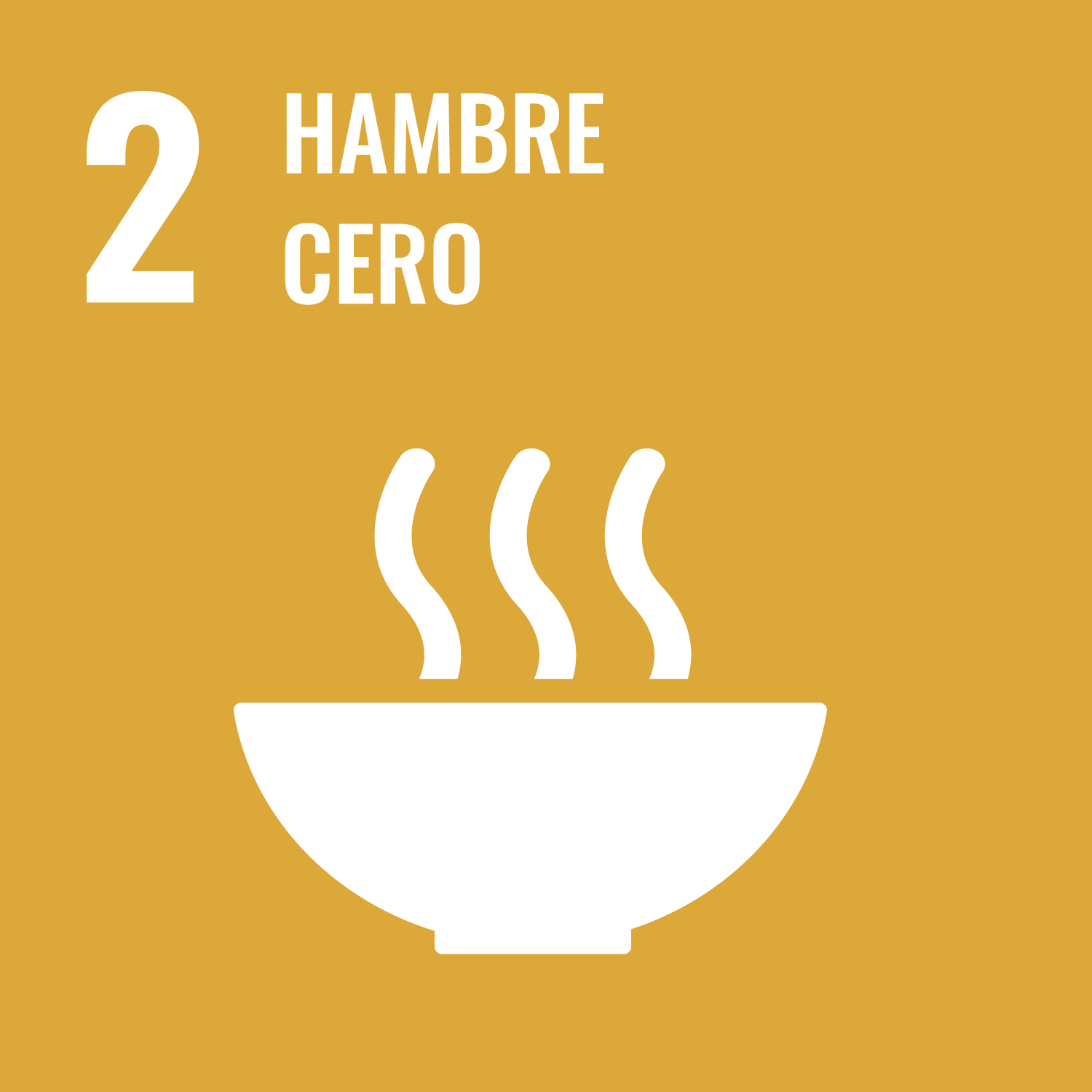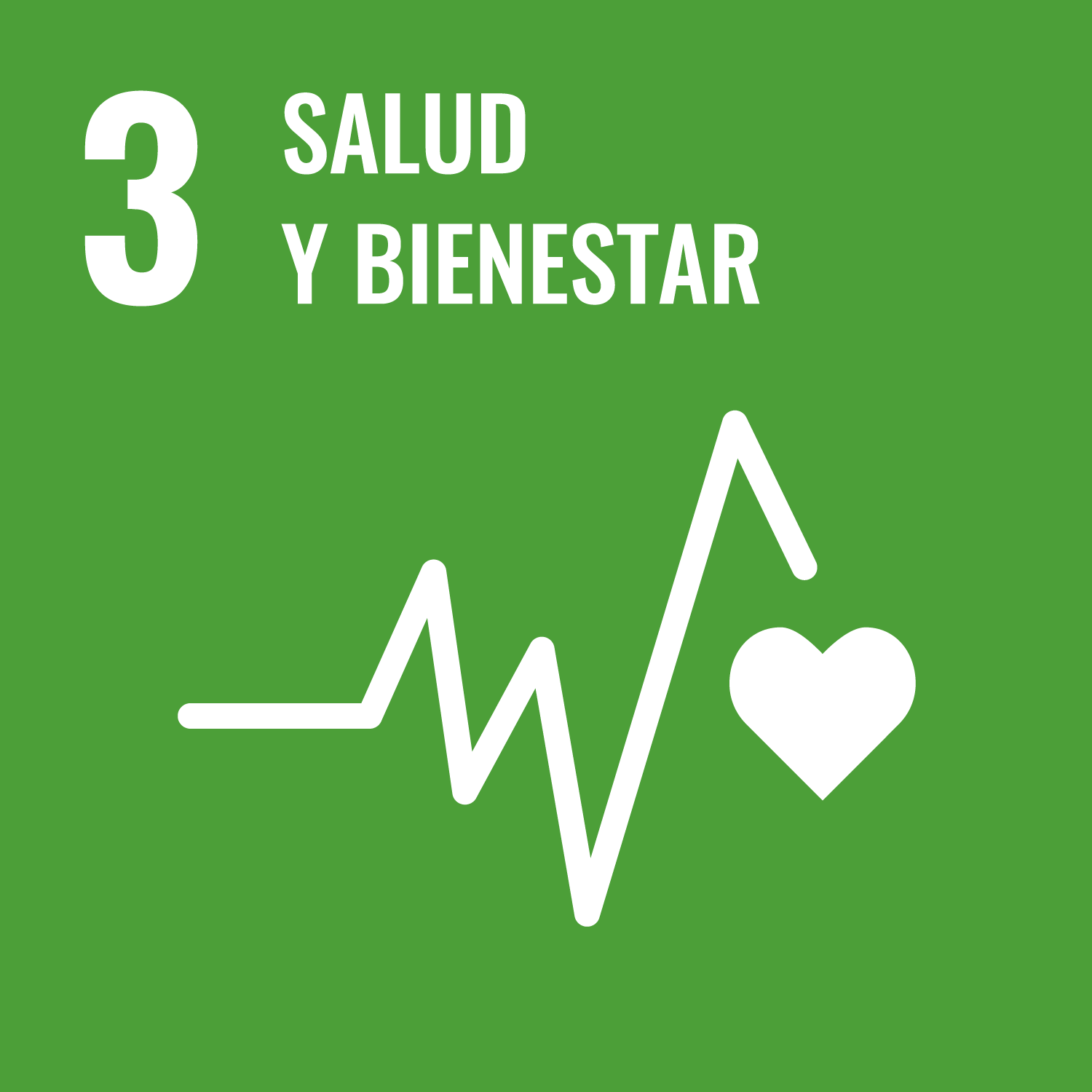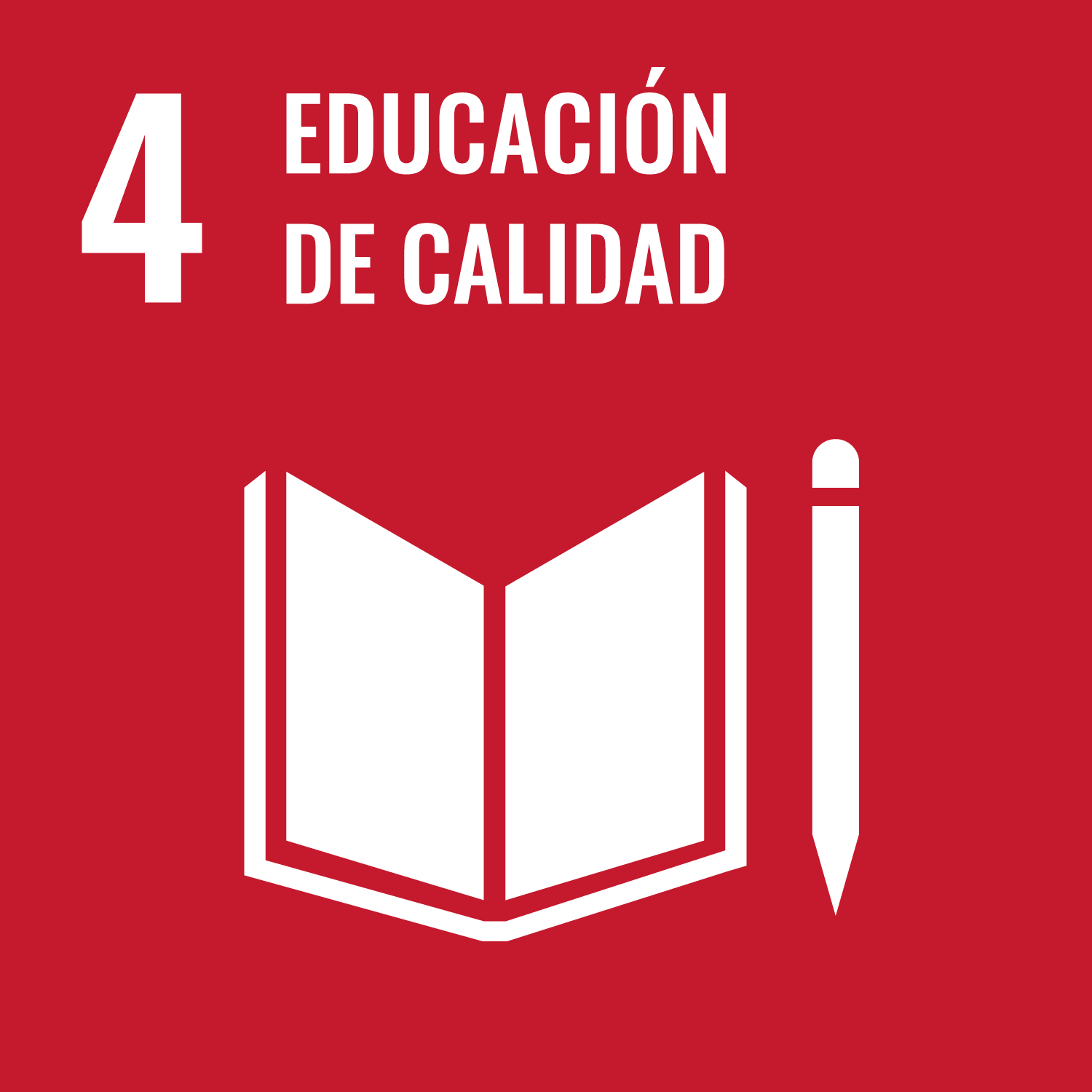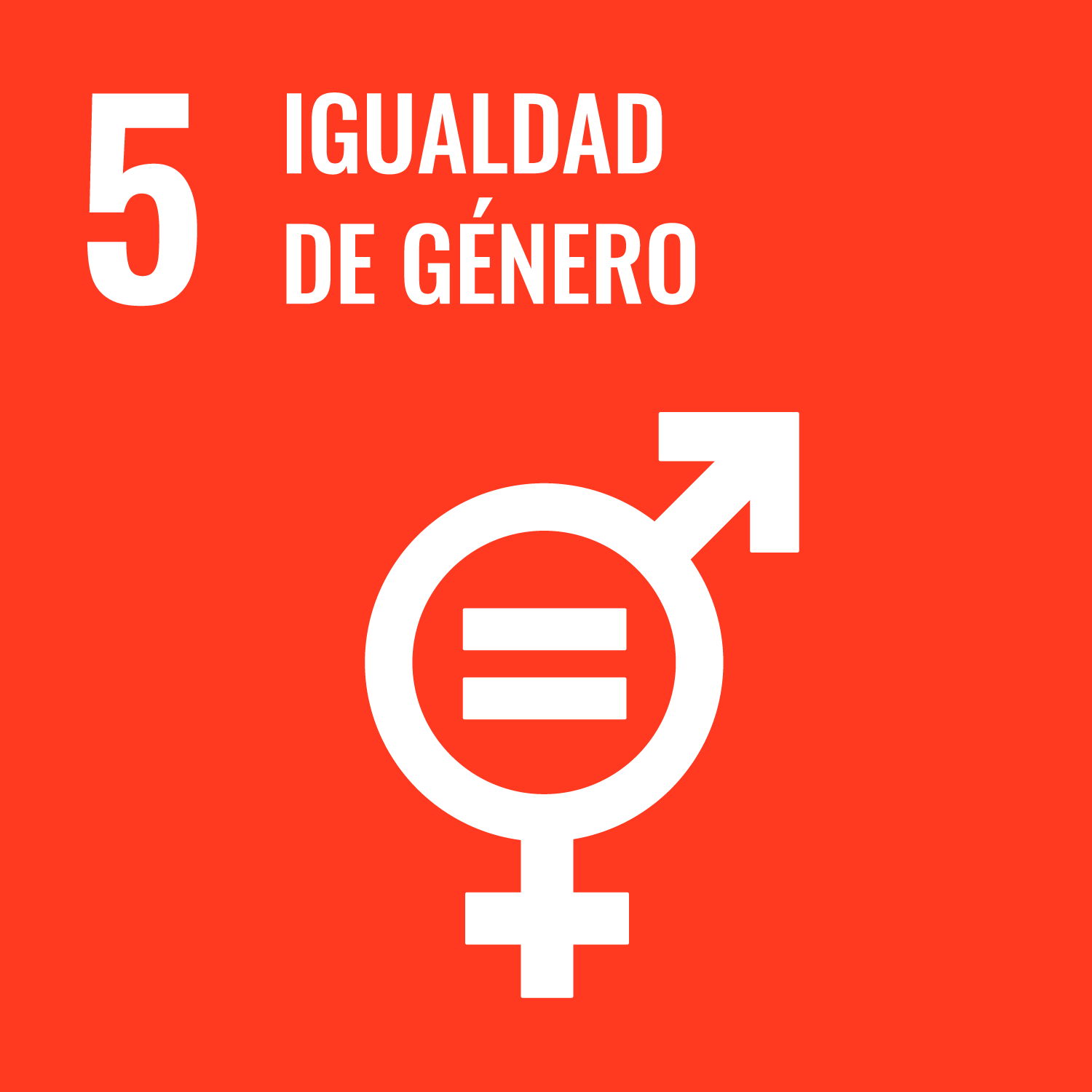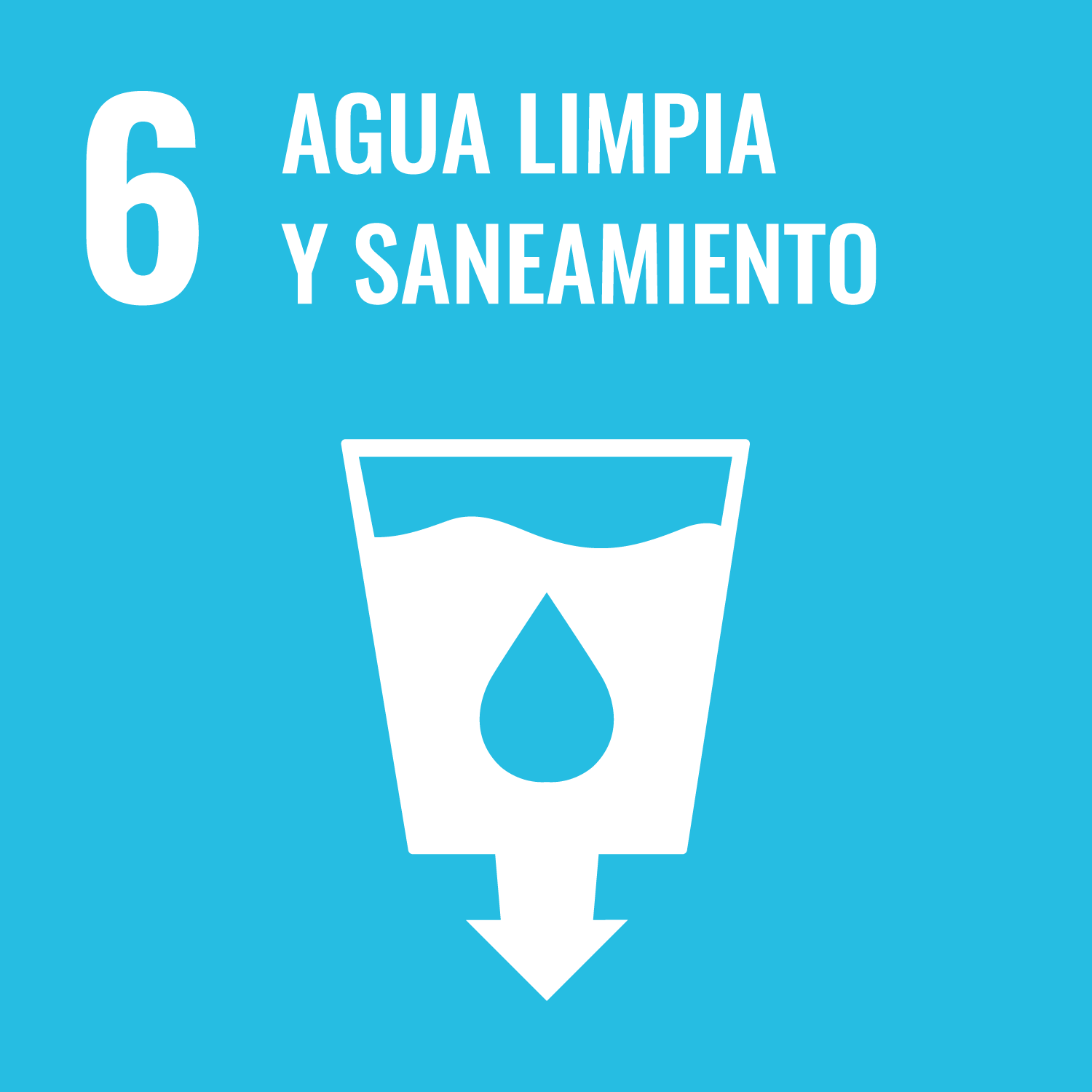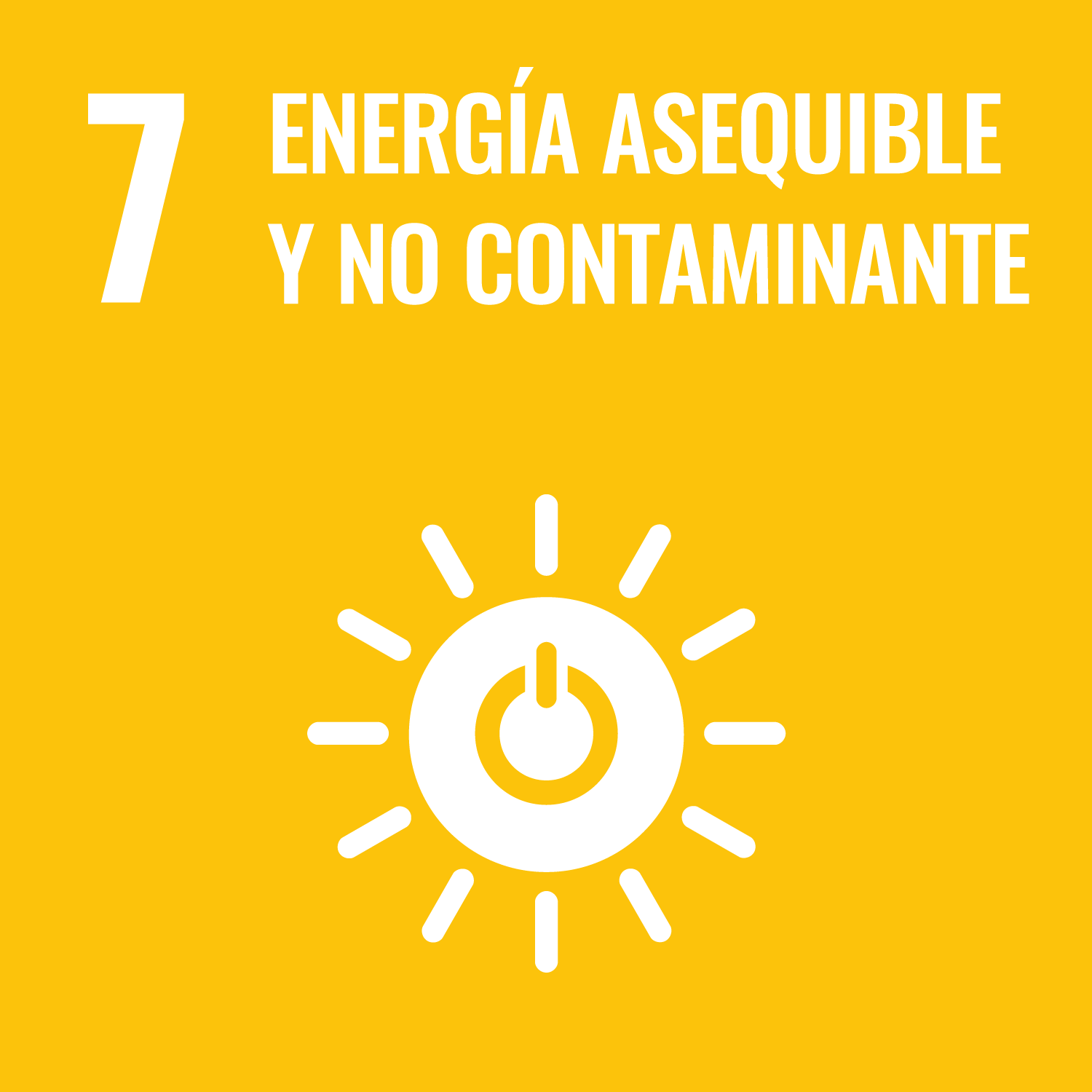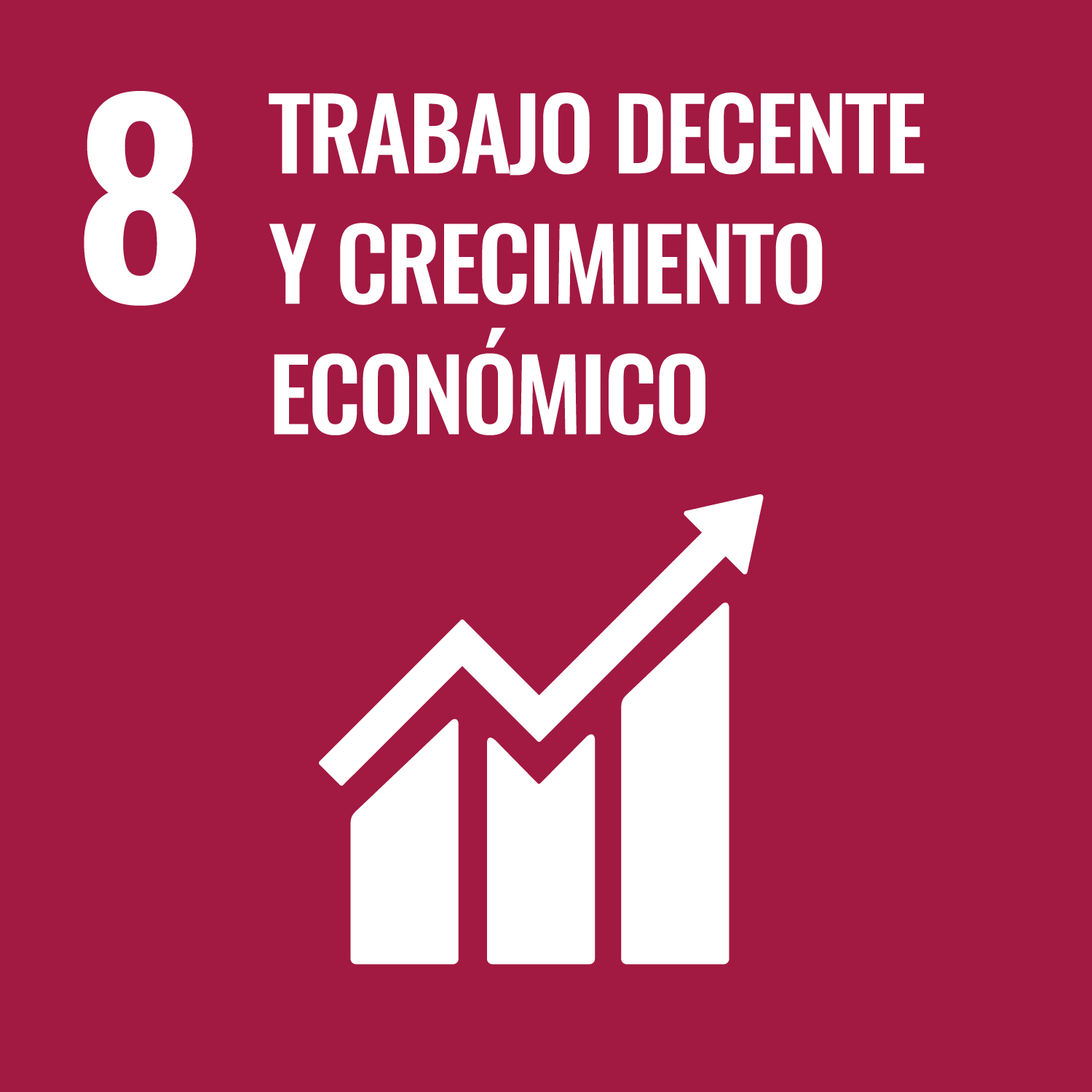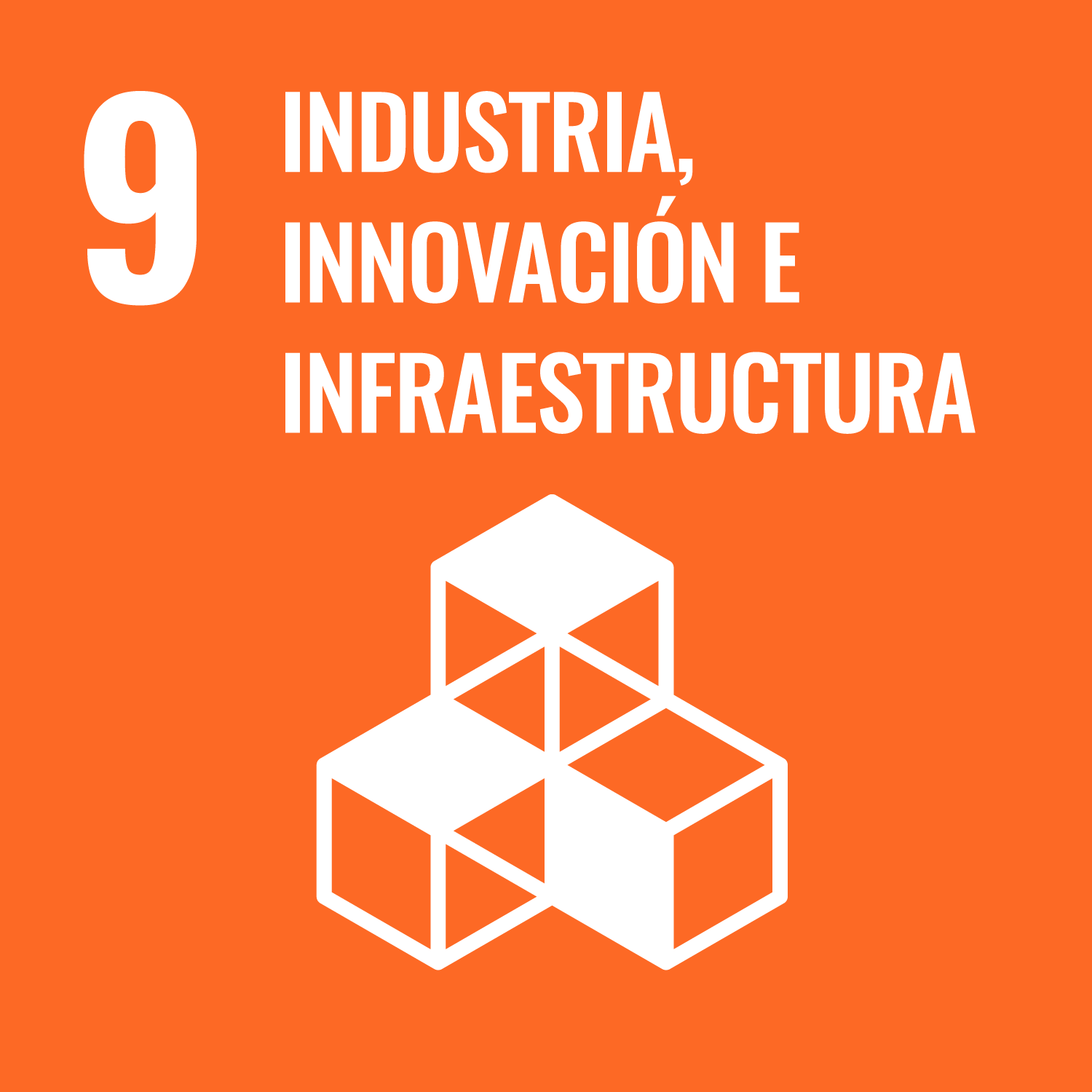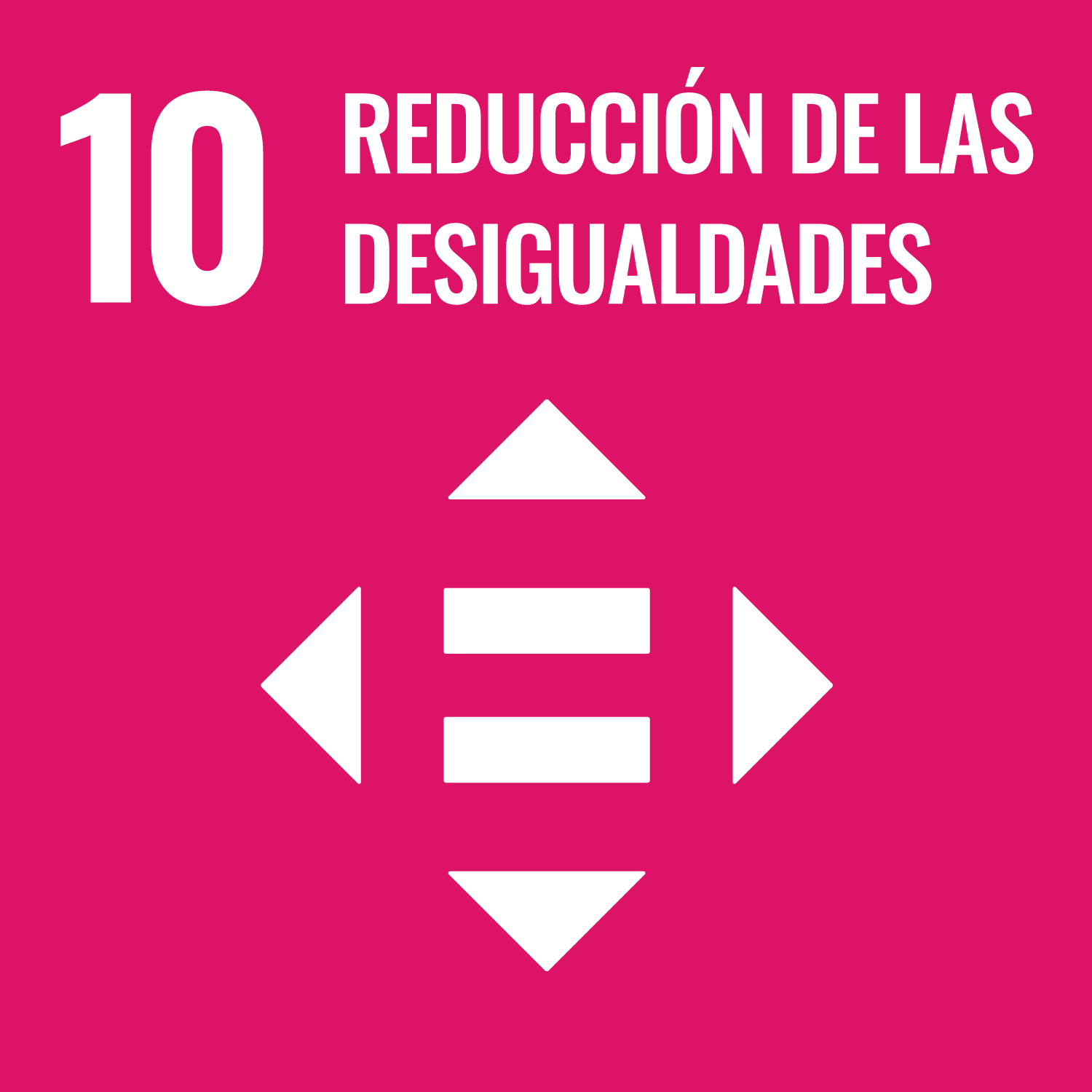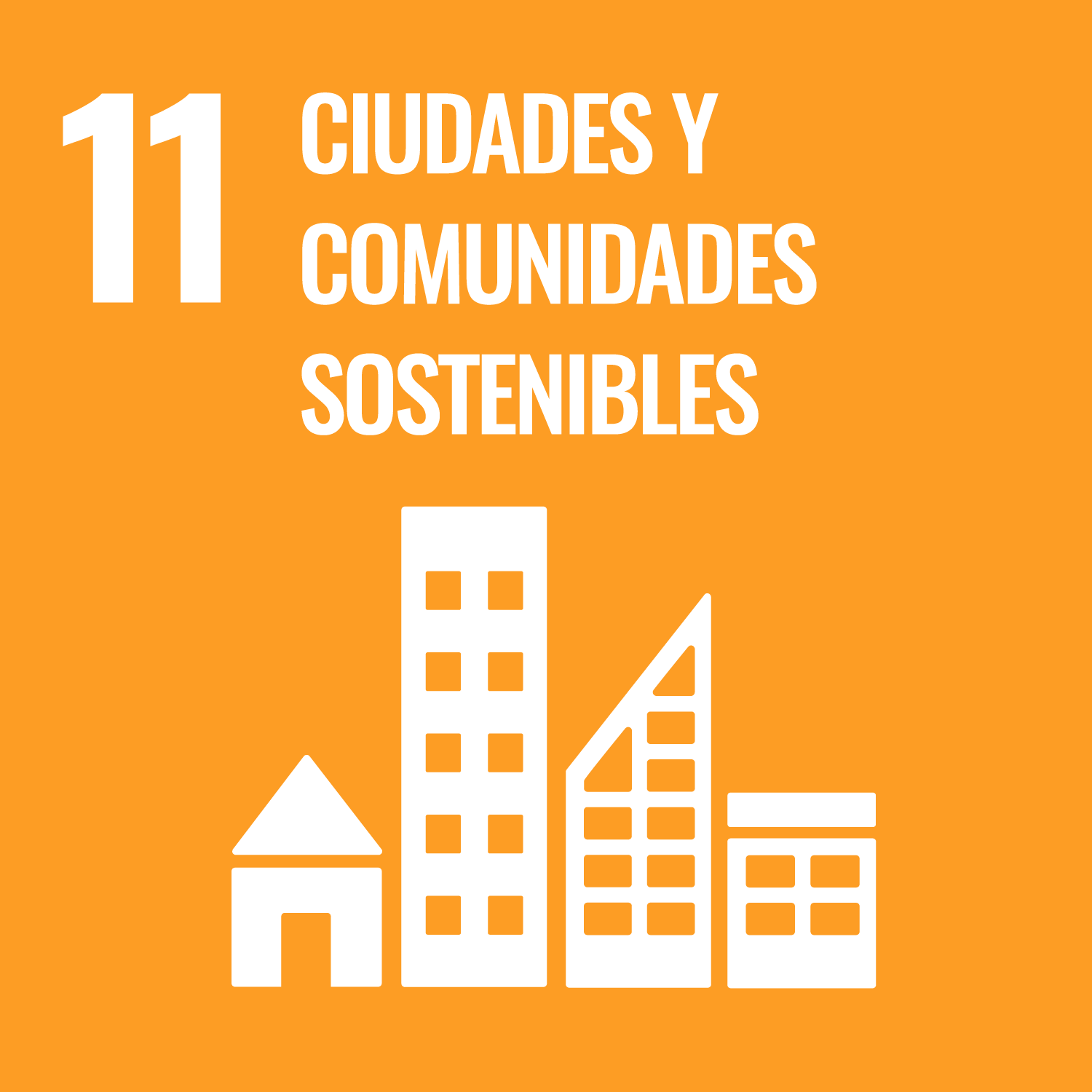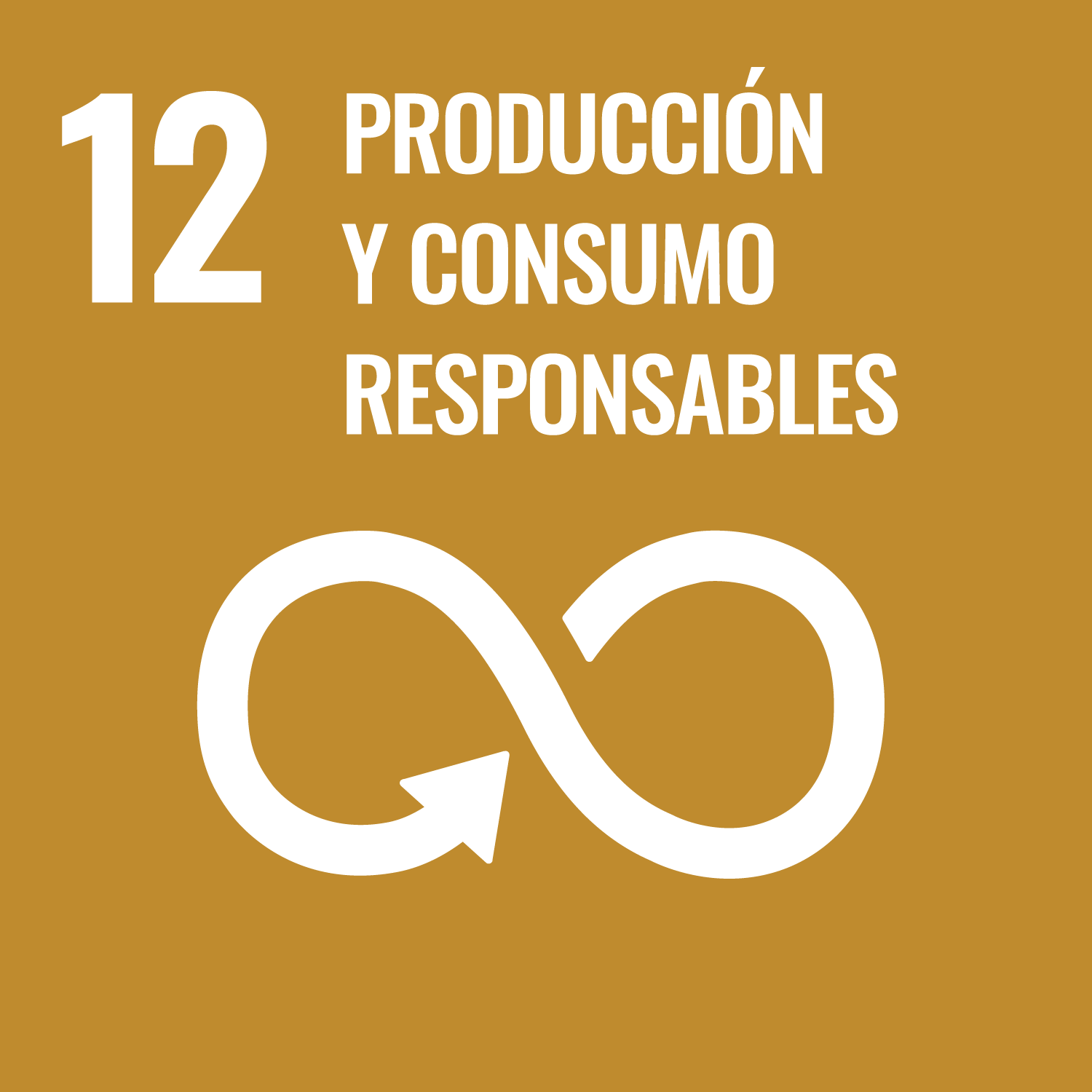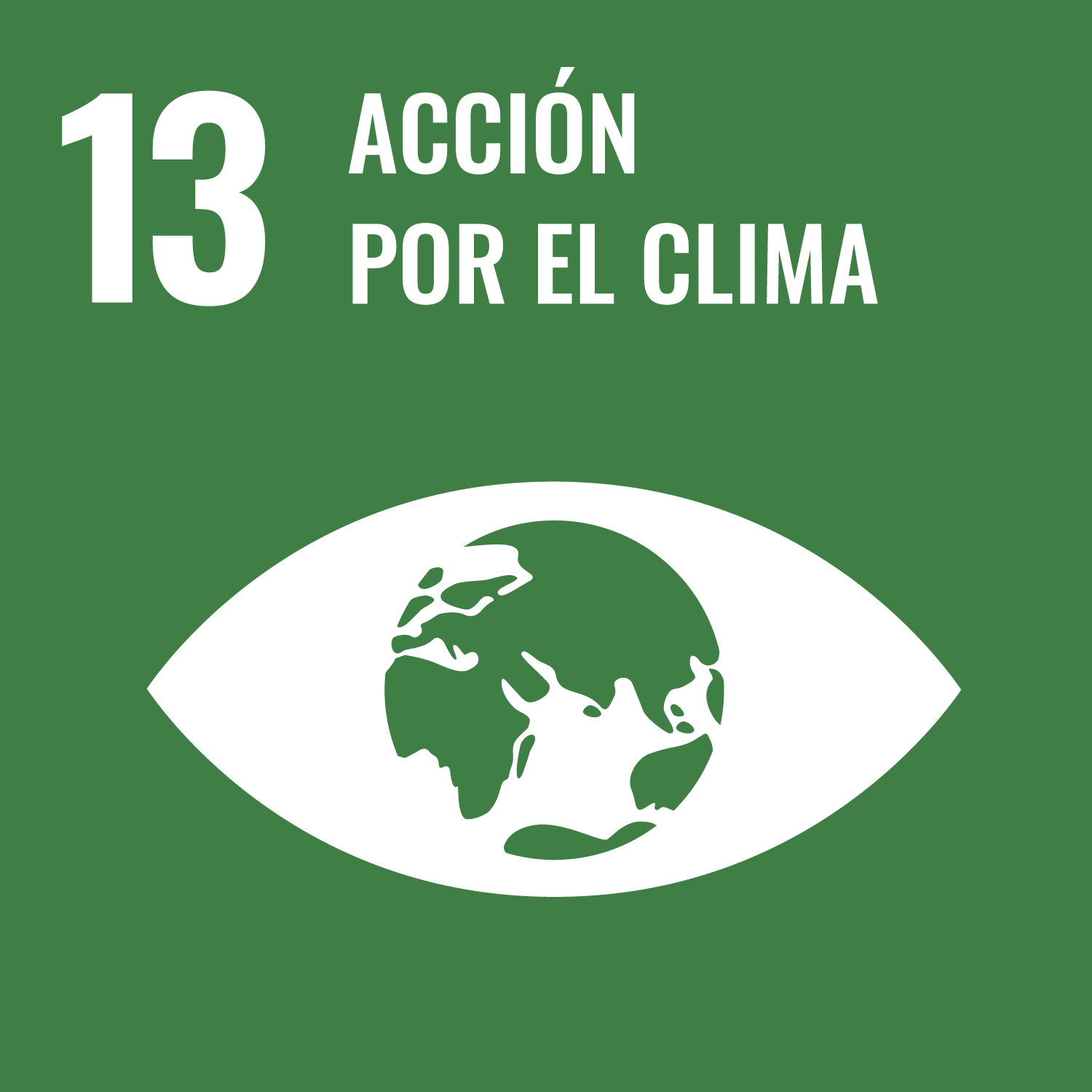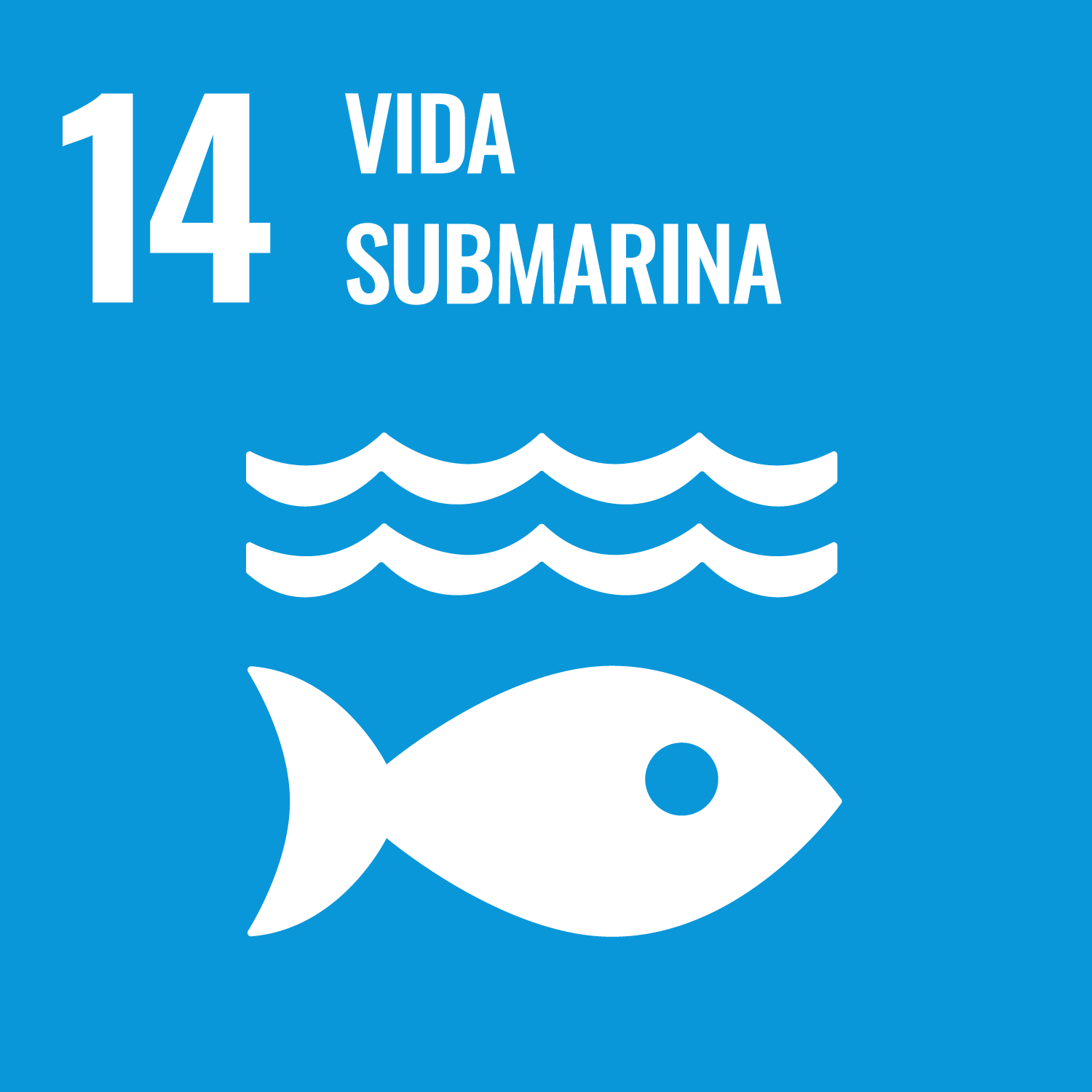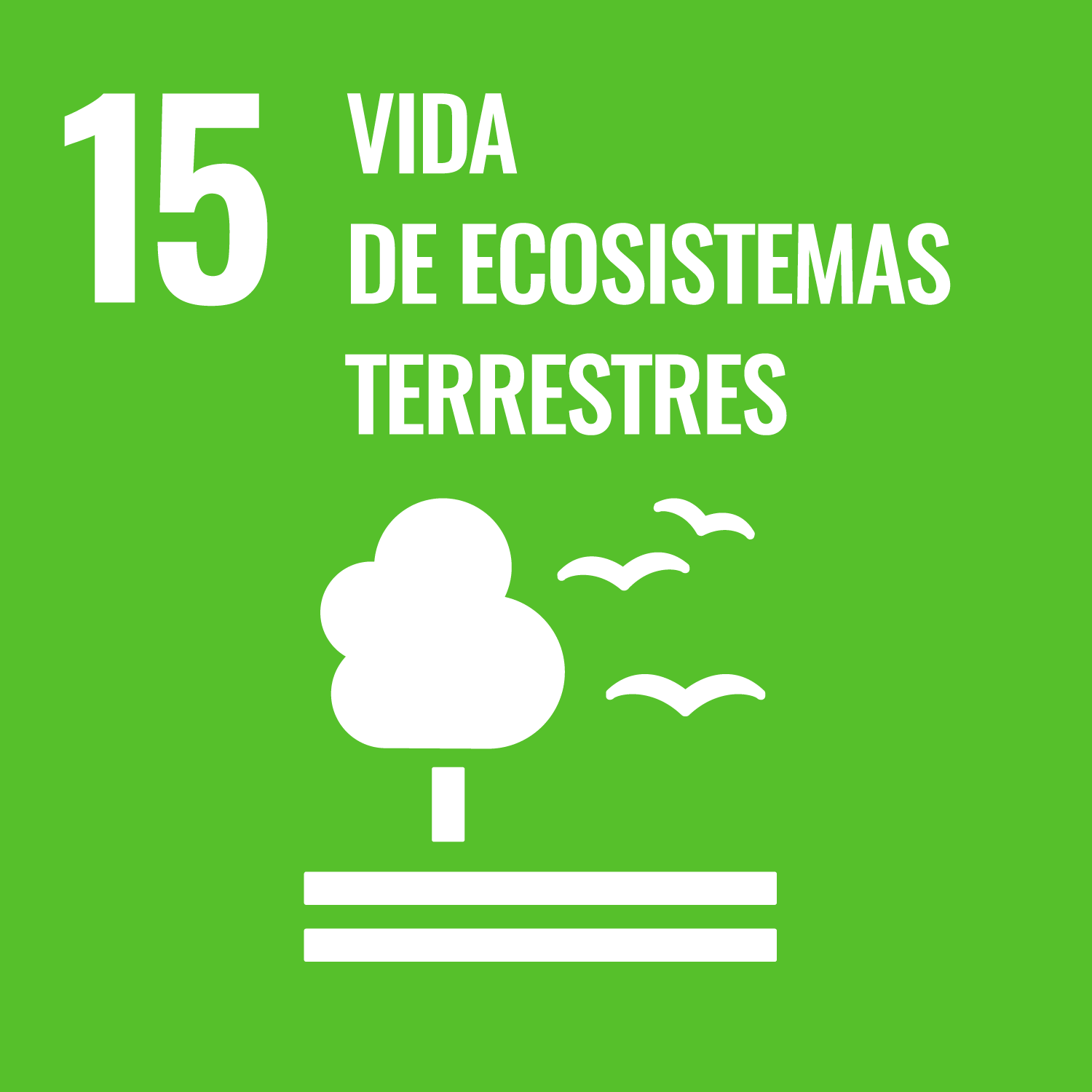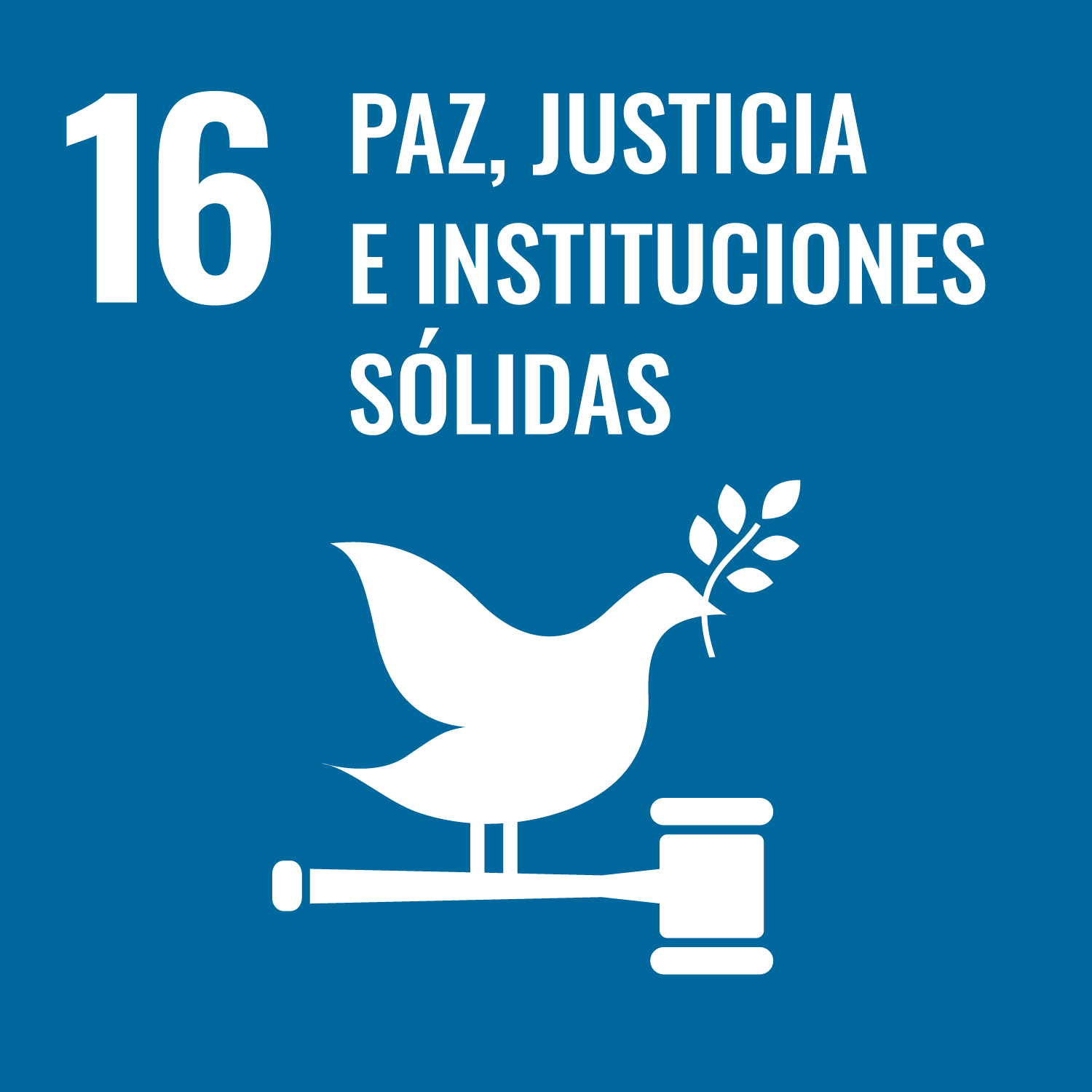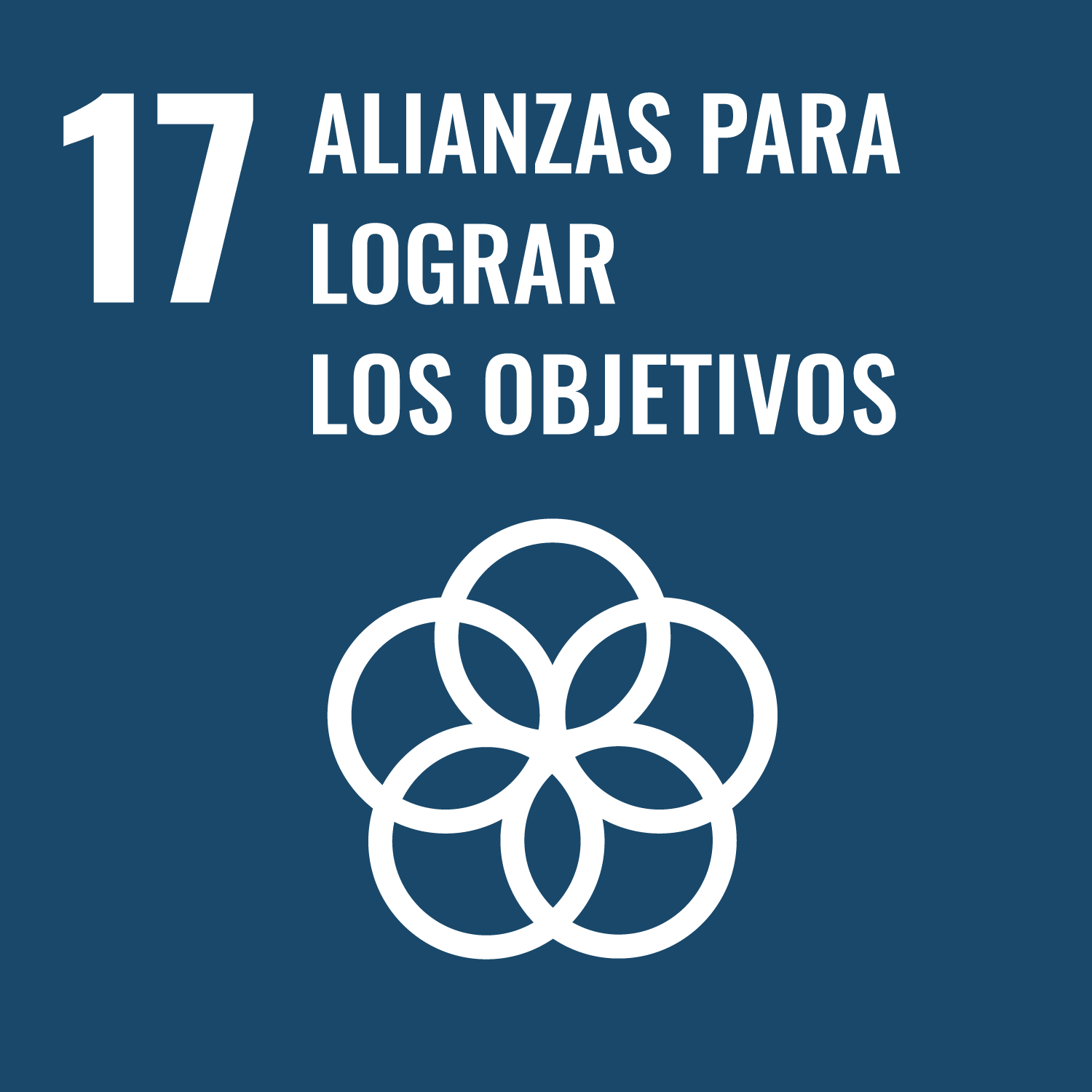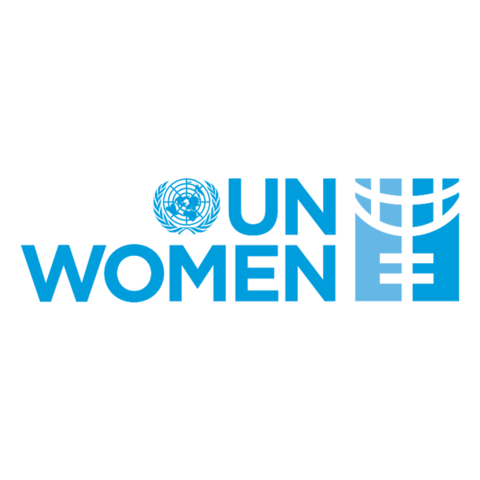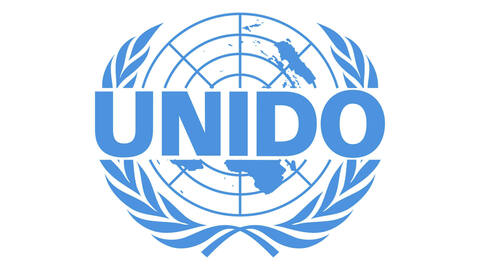Major transitions should leave no one behind, and the transition to renewable energy should be no exception.
In the wake of the United Nations Climate Change Conference (COP26) in Glasgow, the global outlook is still one of rising greenhouse gas emissions, natural disasters and energy market volatility.
The 2021 World Energy Outlook (WEO) warns that global coal consumption is strongly rising this year, pushing carbon dioxide (CO2) emissions towards their second largest annual increase in history. While there are global efforts to transition to renewable energies, the International Energy Agency (IEA) highlights that progress is too slow and that at the current rate global targets of “net zero emissions” by 2050 will not be met.
Gender gaps in the energy sector
Major transitions should leave no one behind, and the transition to renewable energy should be no exception. For this reason, COP26 devoted a side event to “Enhancing Gender Equality and Women’s Empowerment to Accelerate a Just, Inclusive and Climate Resilient Energy Transition”, to ensure that gender equality is mainstreamed into the energy transition within the climate change agenda.
Historically, the energy sector has been characterized by having significant gender gaps regarding both participation and access (IEA, 2020). In terms of participation, women hold only one in five jobs in the oil and gas sectors and one in three jobs in the renewable energy sector at the global level (IRENA, 2019). Even in the renewable energy sector, where there is a higher proportion of women, their participation is predominantly in administrative positions, as opposed to STEM-related jobs. According to survey data from the International Renewable Energy Agency (IRENA), the proportion of women in STEM jobs is 28%, compared to 45% in administrative jobs.
In Latin America, women represent a minority of the workforce in the energy sector and occupy less than one-fifth of senior leadership positions and one-tenth of executive positions. This is in part due to the underrepresentation of women and girls in STEM-related careers. According to 2018 data from the National Agency for Research and Innovation (ANII), in Uruguay men represent approximately 75% of students in engineering and information and communications technologies (ICTs). This imbalance is then reproduced in the labour market, where men account for 76% in STEM-related sectors, limiting women’s opportunities and hindering the full development of their capabilities.
In terms of energy access, households in the lowest income decile, which are predominantly female-headed single-parent households and/or in remote rural areas, still rely on unsafe, unhealthy, and polluting energy sources. While renewable energy solutions (e.g., stand-alone solar photovoltaic systems) may offer a cleaner option to reach and improve service for rural households, they still have a significant upfront cost, beyond the reach of this segment of the population. Therefore, it is necessary to contemplate the decarbonization of the energy sector from the perspective of the just transition based on the principles of justice, equity, and inclusion, not only to achieve only the greening of the sector, but also to overcome and lessen existing social inequalities.
Uruguay moves towards an inclusive and sustainable second energy transition
Uruguay has positioned itself as an exemplary case at the global level. During the last decade, the country successfully carried out its first energy transition (1ET), achieving a remarkable transformation of its energy matrix, with 98% of the electricity supplied from renewable sources. The country’s international commitment on climate change was endorsed at COP26 with the signing of an agreement to reduce global methane emissions by 30%.
Currently, the country is moving towards the second energy transition (2ET) to face the challenges related to supply guarantees, industrial and automotive sector decarbonization, and waste management, among others. Storage technologies, smart grids, green hydrogen, electromobility and bioenergy are the cornerstones of the 2ET. This requires investment in infrastructure and new technologies that enable the incorporation of energy storage and demand management solutions, generating environmental, socioeconomic, inclusion and access benefits.
Guaranteeing women’s participation in the 2ET is also necessary to reduce the existing gender gap. However, the current situation demonstrates that most companies in the energy sector in Uruguay do not count with policies and/or action plans addressing gender equality. Additionally, there is a need for a financial ecosystem that internalizes existing gender differences in access to finance and that adopts a gender-sensitive approach. Likewise, the importance of adopting a gender perspective in the elaboration of public policies that accompany this transition should also be emphasized. Therefore, it is understood that women should be involved in the design of these policies, participate in decision-making spaces, and incorporate their perspective and knowledge.
The Renewable Energy Innovation Fund (REIF) in Uruguay
Uruguay was one of the four countries selected, among 155 proposals, to receive the support of the United Nation’s Joint SDG Fund. The US$10m financing will support the establishment of the Renewable Energy Investment Fund (REIF): Innovative Finance for Clean Tech Solutions in the country as the first financial vehicle that would meet the requirements to be considered an impact investment and a key piece to address the 2ET. The project aims to overcome the barriers that limit or delay the 2ET, mainly associated with infrastructure, access to new technologies, financing, and the regulatory framework. The proposal was presented by the Ministry of Industry, Energy and Mining (MIEM) with the support of the United Nations Industrial Development Organization (UNIDO), UNDP and UN Women.
The REIF presents a unique opportunity to incentivize, leverage and accelerate the transition to a more efficient, sustainable, and inclusive economy and help attract private capital to the 2ET sectors, while promoting gender equality and women's economic empowerment. It is important to note that gender has been mainstreamed in the project from the design stage, addressing both participation and access barriers. The REIF will have an impact investment policy that incorporates the gender dimension and an investment committee with a gender expert who will evaluate the gender impact of all investment projects.
The REIF will also promote fairer access to financing through its dialogue with the country's private commercial banks. These mechanisms aim to avoid perpetuating gender inequalities, ensuring that everyone equally benefits from renewable energy investment projects, incorporating specific measures and instruments to reduce gender gaps and overcome barriers to women's full participation and access. The elaboration of a baseline, along with the application of a taxonomy with impact and gender indicators of the REIF may, therefore, function as a tool that encourages companies to operate adopting a gender perspective, which will bring the benefits of innovation and market value associated with more diverse teams. Additionally, this will allow access to REIF funding to leverage solutions and businesses that contribute to the country’s 2ET, promoting sustainable development and industry through clean energy, and participation and access for the entire population, leaving no one behind.
Originally published on UNIDO


